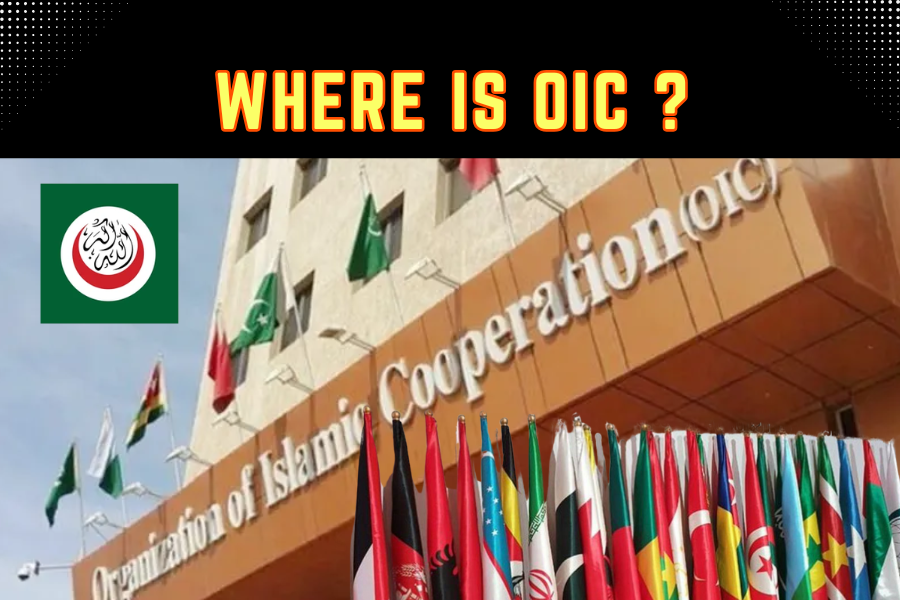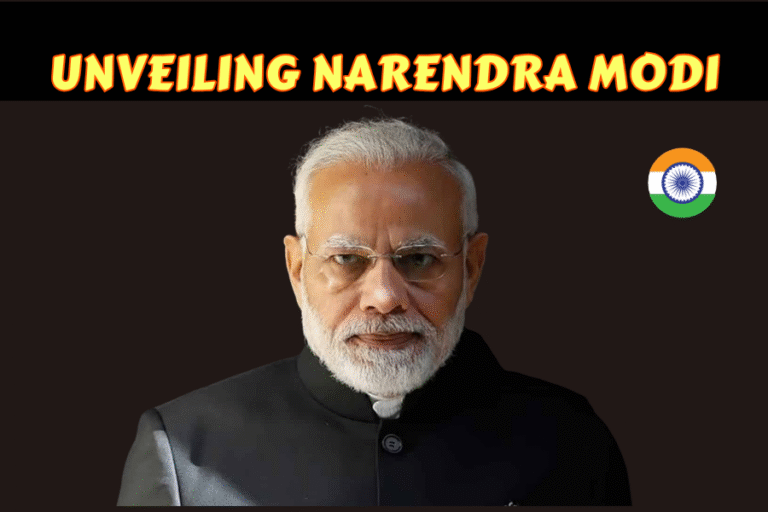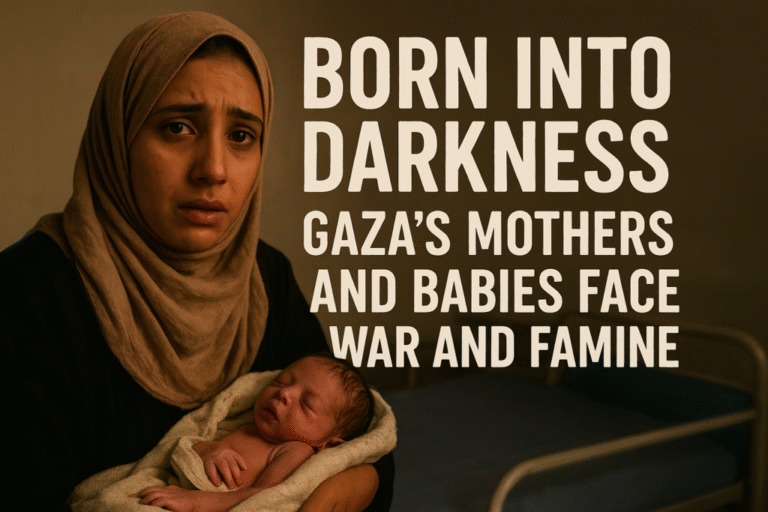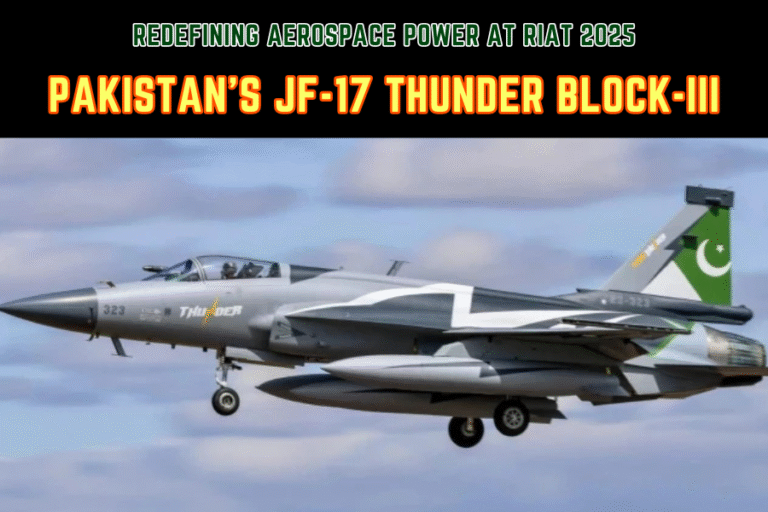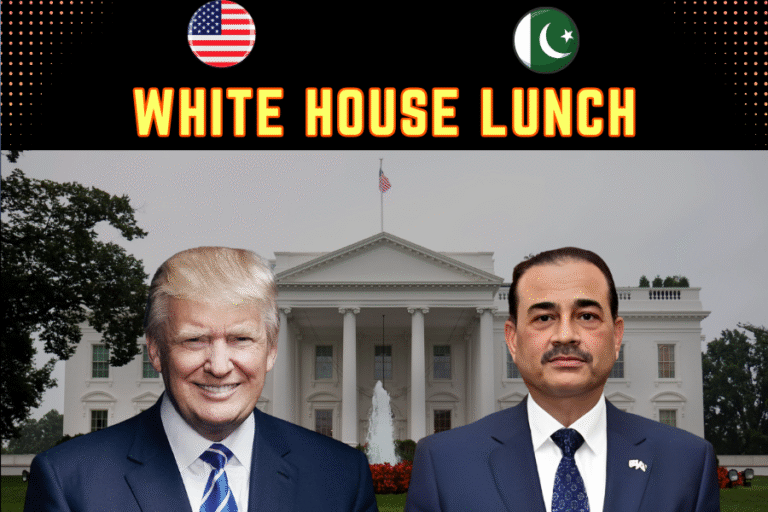(By Khalid Masood)
As missiles streak across the skies of the Middle East in June 2025, with Israel and Iran locked in a perilous exchange of strikes, a million-dollar question echoes across the Muslim world: Where is the Organisation of Islamic Cooperation (OIC)? The 57-member body, founded to safeguard Muslim interests, has issued only perfunctory statements condemning Israel’s aggression, with no emergency summit, no actionable resolution, and no diplomatic push to halt the carnage. This inertia mirrors its tepid response to the May 2025 Indo–Pakistan conflict, where it failed to mediate or mobilise support. This article traces the OIC’s history, dissects its current paralysis in the Iran–Israel war, evaluates its shortcomings in recent crises, and charts a path for reform, arguing that the OIC must evolve into a dynamic force or risk irrelevance.
I. The OIC’s Genesis: A Vision of Muslim Unity
Established in 1969 in Rabat, Morocco, following the arson attack on Al-Aqsa Mosque by an Australian extremist, the OIC—then the Organisation of the Islamic Conference—emerged to unite Muslim nations in defence of their sacred sites and shared interests. Headquartered in Jeddah, Saudi Arabia, it grew into the second-largest intergovernmental organisation after the United Nations, encompassing 57 members across four continents by 2025. Its charter, revised in 2008, pledges to promote solidarity, protect Islamic values, and resolve conflicts through dialogue, with a focus on issues like Palestine, Kashmir, and economic cooperation.
Pakistan, a founding member, has been a vocal advocate within the OIC, hosting its 1974 summit in Lahore, where it recognised Bangladesh and cemented its role as a bridge between Arab and non-Arab states. The OIC’s early successes included suspending Israel from UN bodies in the 1970s and supporting Afghan resistance against Soviet occupation in the 1980s, showcasing its potential as a geopolitical force. Yet, its lofty ambitions have often been hamstrung by internal divisions, resource constraints, and reliance on consensus-based decision-making.
II. The Iran–Israel War: The OIC’s Deafening Silence
The Iran–Israel conflict, erupting on 13 June 2025 with Israeli strikes on Iran’s nuclear facilities and IRGC leadership, has killed over 240 Iranians, injuring or displacing thousands. Iran’s retaliatory missile barrages on Tel Aviv and Jerusalem, coupled with Israel’s claim of crippling Iran’s nuclear programme, have pushed the region to the brink. The OIC’s response has been woefully inadequate: a 13 June statement condemned Israel’s “flagrant aggression” and expressed solidarity with Iran, followed by a 16 June call for “international accountability.” No emergency summit, as held during the 2018 Gaza crisis, nor a ministerial meeting, as convened after the 2020 Soleimani assassination, has materialised.
Posts on social media reflect widespread frustration. Social media users decried the OIC’s “ineffectiveness and irrelevance,” while one posted that its silence as a betrayal of its mandate to protect Muslim interests. Even the OIC’s own X post on 20 June, touting Türkiye’s vision for a “more active” organisation, rings hollow amid the crisis. The OIC’s inaction contrasts with its vocal support for Palestine, where it has consistently rallied against Israeli occupation, exposing a selective engagement that undermines its credibility.
For Pakistan, Iran’s neighbour and a fellow OIC member, the OIC’s paralysis is a bitter pill. Islamabad’s condemnation of Israel’s strikes, echoed by Prime Minister Shehbaz Sharif, aligns with the OIC’s statements, but the lack of collective action—such as sanctions or a UN resolution—leaves Pakistan diplomatically isolated, navigating U.S. pressures and Iranian expectations alone.
III. The Indo–Pakistan Conflict: A Lukewarm Response
The OIC’s tepid reaction to the May 2025 Indo–Pakistan conflict, sparked by the Pahalgam terror attack that killed 26 tourists, further exposes its limitations. India’s retaliatory strikes on alleged militant camps in Pakistan-administered Kashmir, followed by Pakistan’s downing of six Indian fighter jets, brought the nuclear-armed rivals close to war. The OIC issued a vague statement urging “restraint” and “dialogue,” without condemning India’s violation of Pakistani airspace or addressing Kashmir’s underlying dispute, a cause it has championed since 1990.
Pakistan’s Foreign Minister Ishaq Dar sought an OIC ministerial meeting, but Saudi Arabia and the UAE, wary of alienating India, blocked it, reflecting their growing economic ties with New Delhi. Once some social media posts falsely claimed Pakistan aided Israel against Iran, highlighting disinformation that the OIC failed to counter. The organisation’s silence on India’s alleged extrajudicial killings of Kashmiri activists in Pakistan, as detailed in a 2024 Pakistani dossier, further alienated Islamabad, which views Kashmir as a core OIC issue.
This lukewarm response underscores the OIC’s susceptibility to internal rivalries. Saudi–Iran tensions, despite their 2023 reconciliation, and Türkiye’s push for leadership fragment the organisation, diluting its ability to act decisively. Pakistan, with its historic role in the OIC, feels betrayed, as the organisation’s inaction emboldens India’s aggression.
IV. Structural Flaws: Why the OIC Falters
The OIC’s ineffectiveness stems from systemic weaknesses that cripple its response to crises:
- Consensus-Based Decision-Making: Requiring unanimous agreement among 57 members stalls action, as seen in the Indo–Pakistan dispute, where Gulf states vetoed Pakistan’s proposals. This contrasts with the UN Security Council’s veto system, which, while flawed, allows decisive resolutions.
- Resource Constraints: With a 2025 budget of $150 million, dwarfed by the UN’s $3.5 billion, the OIC lacks funds for peacekeeping, mediation, or humanitarian aid. Its Islamic Development Bank focuses on economic projects, not conflict resolution.
- Internal Divisions: Sectarian (Sunni–Shia) and geopolitical rivalries—Saudi Arabia vs. Iran, Turkey vs. Egypt—fragment the OIC. The 2025 Iran–Israel war exposes this, with Gulf states reluctant to antagonise Israel’s backer, the U.S., despite public support for Iran.
- Lack of Enforcement: Unlike NATO, the OIC has no military arm or binding mechanisms. Its resolutions, such as those on Palestine, are symbolic, ignored by Israel and Western powers.
- Selective Focus: The OIC’s prioritisation of Palestine over other Muslim causes, like Kashmir or Yemen, alienates members like Pakistan, which seeks balanced advocacy.
These flaws render the OIC a “toothless titan,” incapable of translating its 1.9 billion-strong Muslim constituency into geopolitical clout.
V. Expectations in the Iran–Israel War: What the OIC Must Do
The Muslim world expects the OIC to be a beacon of unity, not a bystander. In the Iran–Israel war, it should:
- Convene an Emergency Summit: An immediate heads-of-state meeting in Jeddah or Istanbul, as in 2018, to forge a unified stance, demand a ceasefire, and propose UN sanctions on Israel for violating Iranian sovereignty.
- Lead Diplomatic Mediation: Deploy envoys, leveraging Pakistan’s ties with Iran and Turkey’s with Israel, to broker talks, possibly in Qatar, which mediated U.S.–Iran nuclear negotiations.
- Mobilise Humanitarian Aid: Fund relief for 10,000 displaced Iranians, using the OIC’s Islamic Solidarity Fund, and coordinate with UNHCR, as Pakistan did for Afghan refugees.
- Counter Disinformation: Address false social media narratives, like Pakistan aiding Israel, through a dedicated media taskforce, protecting member states’ reputations.
- Strengthen Iran’s Defence: Propose technical support, such as air defence systems from Türkiye or Pakistan, to deter further Israeli strikes, echoing the OIC’s 1980s Afghan support.
These steps would restore the OIC’s relevance, aligning with its charter to protect Muslim nations from aggression.
VI. Future Prospects: Reforming the OIC
The OIC’s future hinges on bold reforms to overcome its paralysis:
- Streamlined Decision-Making: Adopt a majority-vote system for non-binding resolutions, bypassing vetoes by influential members like Saudi Arabia, to expedite responses.
- Enhanced Funding: Increase contributions, targeting $500 million by 2030, to fund peacekeeping units and mediation teams, modelled on ASEAN’s conflict resolution mechanisms.
- Regional Chapters: Create sub-groups (e.g., South Asia, Middle East) to address local conflicts, allowing Pakistan to lead on Kashmir and Iran on Gulf issues, reducing central gridlock.
- Military Cooperation: Establish a joint defence committee, akin to the African Union’s Peace and Security Council, to coordinate responses to external threats, such as Israel’s strikes.
- Global Advocacy: Strengthen lobbying at the UN, using Pakistan’s diplomatic experience, to push for binding resolutions on Palestine and Kashmir, countering Western bias.
- Youth Engagement: Launch an OIC Youth Forum, amplifying voices like those on social media, to harness the Muslim world’s 60% under-30 demographic for grassroots support.
These reforms would transform the OIC into a proactive force, capable of addressing crises like the Iran–Israel war with resolve.
VII. Pakistan’s Role: Leading the Charge
Pakistan, with its historic OIC leadership and 2025 diplomatic agility in the Indo–Pakistan ceasefire, is uniquely positioned to revitalise the organisation. Prime Minister Shehbaz Sharif should propose an OIC reform summit in Islamabad, building on the 1974 Lahore legacy. Foreign Minister Ishaq Dar, leveraging his economic expertise, can advocate for a funding model tied to GDP contributions, ensuring equity. Field Marshal Asim Munir’s 18 June White House lunch with President Trump, where he was praised as “extremely influential,” bolsters Pakistan’s global clout, enabling it to rally OIC support for Iran and Kashmir.
Pakistan must also counter disinformation, as seen in main stream and social media posts falsely accusing it of aiding Israel, by launching an OIC-backed media campaign. Its 2024 mediation between Saudi Arabia and Iran proves its diplomatic prowess, which can be harnessed to broker Iran–Israel talks. By championing Kashmir and supporting Iran, Pakistan can restore the OIC’s moral authority, uniting the Muslim world against external aggression.
VIII. Conclusion: A Call to Awaken
The OIC’s silence in the Iran–Israel war and its lukewarm response to the Indo–Pakistan conflict expose a dead organisation, adrift from its founding vision. As missiles rain on Gaza & Tehran and tensions simmer in Kashmir, the Muslim world demands action, not platitudes. The OIC must convene, mediate, and defend its members, or risk fading into irrelevance. Pakistan, with its diplomatic legacy and moral resolve, must lead the charge, pushing for reforms to make the OIC a force for justice. The time for empty words is over; the Muslim world deserves a titan that roars.

